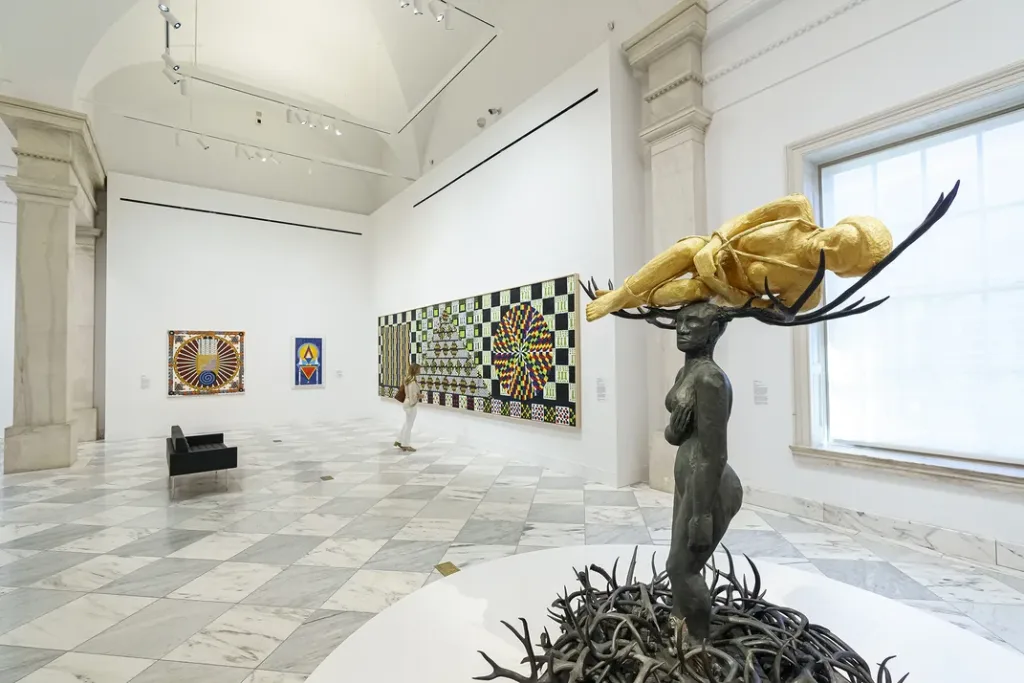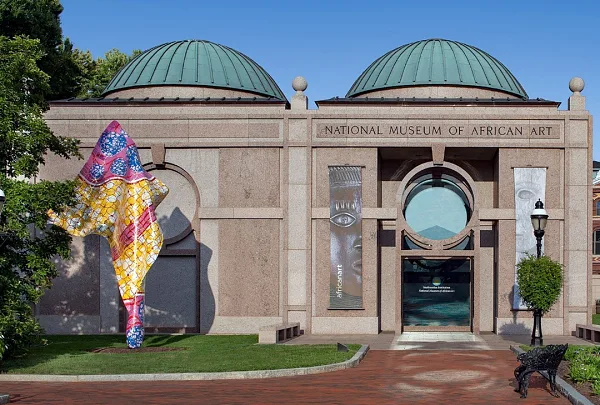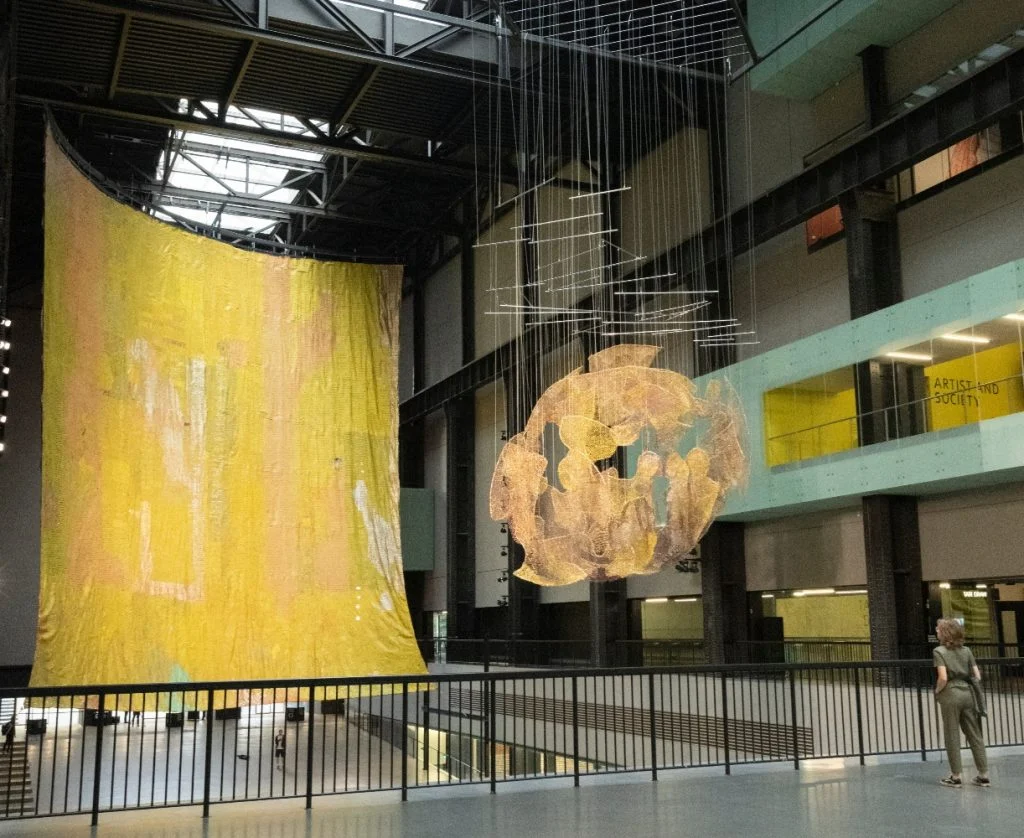Art collectors have long played a significant role in shaping the progression and discourse of artistic movements. In the realm of African art, the engagement of art collectors has made a great impact on the evolution and recognition of African artworks. African art which used to be marginalized, has seen a notable transformation in recent decades, moving from being on the sidelines to having a place on the global art scene.
To an extent, this change is as a result of collectors, both within Africa and internationally, who through their acknowledgement and interest in African art have increased the market value and facilitated the understanding of their cultural significance. This article explores how their curation and patronage have helped in changing the narrative.

The practice of art collection began as early as the prehistoric period where early humans created and collected objects like carved stones and bones often used for ritualistic and functional purposes as opposed to aesthetics. During the times of Ancient Egypt, Mesopotamia and Greece, rulers collected art and kept them in tombs, palaces and temples to demonstrate power and wealth. The Roman Empire was also an avid collector of Greek art, often using it to adorn their villas and public buildings.

During the medieval period, art collection was closely tied to the church. Religious institutions amassed large collections of religious relics which were displayed in monasteries and cathedrals. However, the Renaissance period marked the beginning of art collecting as we understand it today. This period marked a significant shift with wealthy individuals and families, particularly in Italy, collecting art for personal enjoyment. Families like the Medici family of Florence, Montefeltros of Urbino, Gonzagas of Mantua and Estes in Ferrara.
Since then, the practice of art collection has grown from the 17th – 19th century and then the Modern and Contemporary period as we have it now. It has now become a global phenomenon with private individuals, institutions, corporations and the government as collectors. The market has expanded to include not just traditional Western art but also contemporary and Non- Western art.
Art collectors like Jean Pigozzi, Sindika Dokolo, Smithsonian National Museum of African Art, Museum of Modern Africa Art, Tate Modern etc have contributed significantly to the recognition of African art.

Impact of Art Collection on African Art
Beyond art appreciation, art collection has made a significant impact in the global recognition of African art. Some of these impacts include,
- Global Exposure and Market Value: By showcasing African art in global exhibition, auction houses and galleries, art collectors have helped in putting African and artists on the world stage. Also, the interest in African artists and their works have increased the level of investment in Africa artworks leading to a rise in their market value.
- Preservation and Documentation: Art collectors usually invest in the preservation and conservation of African art which helps in protecting these artworks for the generations to come. It also reduces the risk of deterioration.
- Institutional Growth: The presence of art collections often lead to the establishment and expand of art museums and galleries that focus on African art.
- Cultural Exchange: By collecting and showcasing African art, collectors encourage cross-cultural dialogue. It helps people understand the diversity and richness of African artistic traditions.
- Market Trends: Collectors often influence market trends by shaping the demand for certain types of art. This can lead to shift in the art market dynamics as well as increased visibility for certain artists and art styles.


